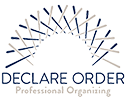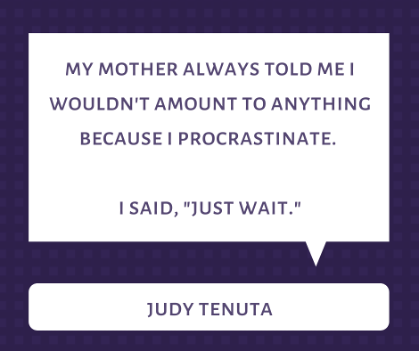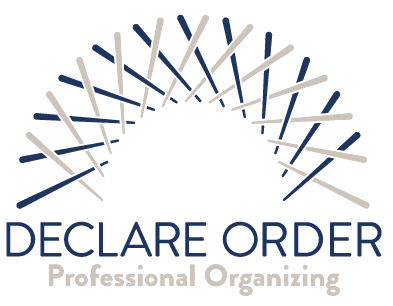Posted on: January 31, 2020
Have you ever engineered a schedule you will finally stick to – then not accomplished an important task until the last minute? Again?
Time. You organize, plan, and juggle it. You consider yourself a time management expert – or failure. But is approaching productivity via time management really the most efficient way to stay on top of tasks? Take a moment and consider this…
In January of 2020, I had the pleasure of attending a presentation by DePaul University Psychology Professor and author of Still Procrastinating: The No Regrets Guide to Getting Things Done, Joseph R. Ferrari, an expert on the topic of procrastination. His take (after 20+ years of research on the subject) may surprise you.
Procrastination is a tendency to delay the start or completion of a desired task to the point of experiencing discomfort.
According to Dr. Ferrari, procrastination is a tendency to delay the start or completion of a desired task to the point of experiencing discomfort. It is different than rescheduling or waiting. The idea he presented, and that I am continuing to contemplate, is that everyone procrastinates (yes, even yours truly), but not everyone is a procrastinator. Dr. Ferrari’s research has shown that nearly 20% of adults are chronic procrastinators. He counseled the attentive audience that for most adults, procrastination is a habit that can be unlearned. The remaining 20% have some self reflection, self management, and possibly even therapy to do.
I have found this to be true with my professional organizing clients. Those who chronically procrastinate tasks, the true procrastinators, will not become more efficient if we create a color-coded weekly schedule – even if they ask for one. I counsel them away from the approach because my professional experience has taught me that they will not stick to it. And when they fail, they end up feeling lousy about themselves. Again.
The key to overcoming procrastination, according to Dr. Ferrari, is indeed NOT time management. He pointed out that time is fixed. Seconds, minutes, hours, days, weeks, years – these are finite measures that defy management. What has to change is the person who chronically procrastinates and their behavior. Therefore, overcoming procrastination is not about TIME management, it is about SELF management.
If time cannot be managed, how can a person who chronically procrastinates change?
The length of time between 8am Monday morning and 5pm Friday evening (does anyone work those hours anymore?) doesn’t change. The project due at 3pm on Friday is always a finite amount of time away. If time cannot be managed, how can a person who chronically procrastinates change?
Here are three Self Management strategies for overcoming procrastination:
- Knowing they may stumble when it comes to decision-making, people who chronically procrastinate can change how they approach daily decisions. They can allow for indecision, but be reflective about the importance of moving forward.
- Knowing they may overlook necessary contributions from others, people who chronically procrastinate should consider strategies for checking in and being considerate.
- Knowing they may make excuses for their behavior, people who chronically procrastinate should learn to listen for these excuses and manage their tendency to do so.









Leave A Comment